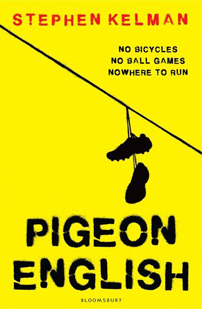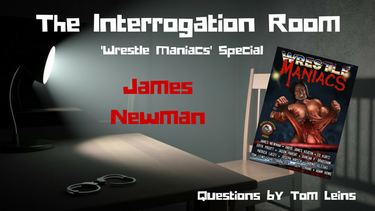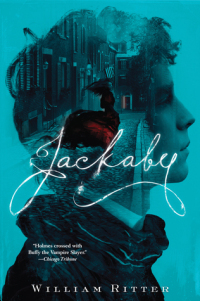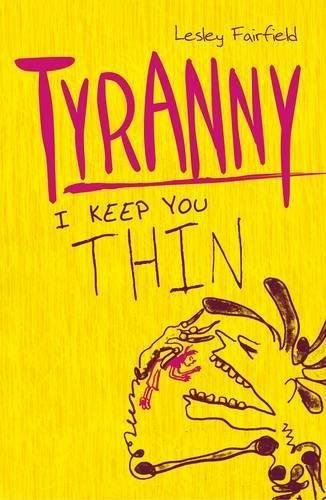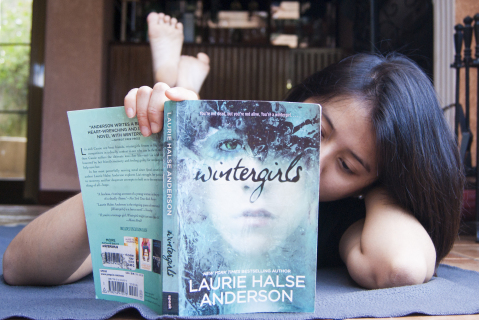
I first read Wintergirls in high school. It was a new school, new environment, new country and a new system. For the first time ever, I had free periods and a library equipped with a good YA (Young Adult) novels section.
I would be lying if I said I was the typical, reclusive new kid, though that’s what the librarians probably thought. I had actually made friends rather quickly and a couple of them are still good friends today. However, I have always been quiet and shy, most comfortable on my own, with headphones on and a book in my hand. It was no wonder, then, that I spent almost all of my free time in the school library, devouring the YA section and even on occasion the history section (King Henry VIII fascinated me, lol).
It was during one of these regular trips that I first laid eyes on Wintergirls. First of all, I loved the cover. Even years after graduating, I always remembered the cover art. Actually, it wasn’t until I went on a small book haul this year that I finally bought it, even though I’d had it for years on my ‘books to buy’ list. All I saw was a corner of the sleeve and I recognised it; I rushed over to grab it.
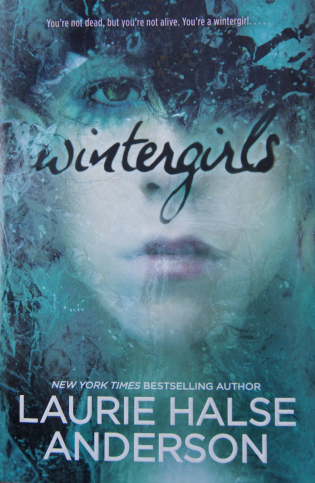
I have to admit that I was a bit wary before re reading this book. I loved it in high school. I have never had an eating disorder, but I remember feeling completely in tune with Lia, the protagonist. Laurie Halse Anderson wrote in such a way that my fifteen year old self felt Lia’s struggle, understood her and spiralled with her while my eyes were glued to those slightly yellow pages.
However, that was seven years ago. What would I think of it now? Would I become as immersed as I did before? Would Lia’s thoughts (she is the narrator) seem immature in nature? Would the writing style replicate, hyperbolically, the emotions that are so poignant in teenage life? I hoped not. I wanted to enjoy it again. I got my wish.
Now, I don’t want to be hyperbolic in nature, either. I didn’t come out as impacted as the first time around. I believe it was partly due to the writing style as well as to the fact that I knew what to expect. Yes, I hear you all shouting at me that when it’s an amazing book you can read it over and over and still ugly cry every time. I know this, trust me. This novel, however, is most likely not among the greats. I recognise and accept this. It’s still a good book, though.
After her estranged best friend dies suddenly one night, Lia has to come to terms with the fact that she didn’t do anything to help. Ghosts of the past haunt her every waking hour, and she starts losing herself in a cyclone of unresolved emotional trauma and guilt. Combined with her and Cassie’s shared history, in the deadly battle to be the smallest, thinnest, “strongest”, she slowly begins to unravel as the readers trail along behind her.
When it comes to the writing style, there was one element that took me out of the story whenever it popped up. If you do read the book, let me know what you think about it. The author had a tendency to use strikethrough text. For example, she would sometimes, very aw̶k̶w̶a̶r̶d̶l̶y̶ creatively, do that. You didn’t get it? She very aw̶k̶w̶a̶r̶d̶l̶y̶ creatively, did that once in a while.
Don’t get me wrong. I understand why. They are meant to be the words, thoughts and feelings that Lia felt she couldn’t even admit to herself. My problem is that many times they came off as being typically snide and adolescent in nature. I don’t remember having a problem with this before so, like I said, some readers might enjoy it.
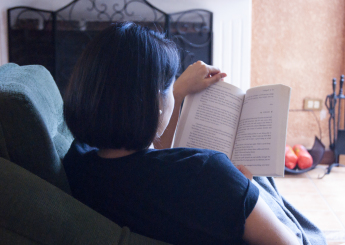
All in all, though, I do believe that this is a book that young adults should read. There is so much that occurs during the adolescent years that, if not addressed properly, transcends into adulthood. Lia was 18 in this book and her best friend, Cassie, was 19; However, their journey as Wintergirls began years before.
Through Lia’s experiences we can observe, first hand, the psyche of individuals who suffer from eating disorders and, therefore, mental health illnesses. As I mentioned before, I have never suffered from any eating disorder. However, I have dealt with depression and anxiety. So, while I couldn’t empathize with all of the protagonist’s thoughts and reactions, it is always interesting and somewhat liberating (maybe even comforting?) for me to read stories where these topics are explored. However, I must emphasize that this is not a happy, upbeat book, but rather a distinctly dark one, focusing heavily on the downward spiral rather than on recovery. The author even consulted with various experts on the topic, in an effort to accurately portray the frame of mind of an individual dealing with these issues.
This was an important read for me as a fifteen year old. Reading it again seven years later reaffirmed this to me, so much so that as soon as I finished reading it, I picked up my phone, opened notes, and typed out my thoughts on it. I am glad to finally have it on my bookshelf.
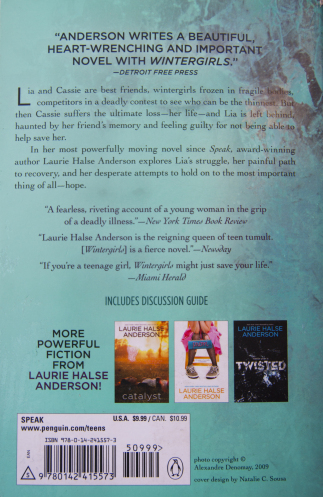
- More
